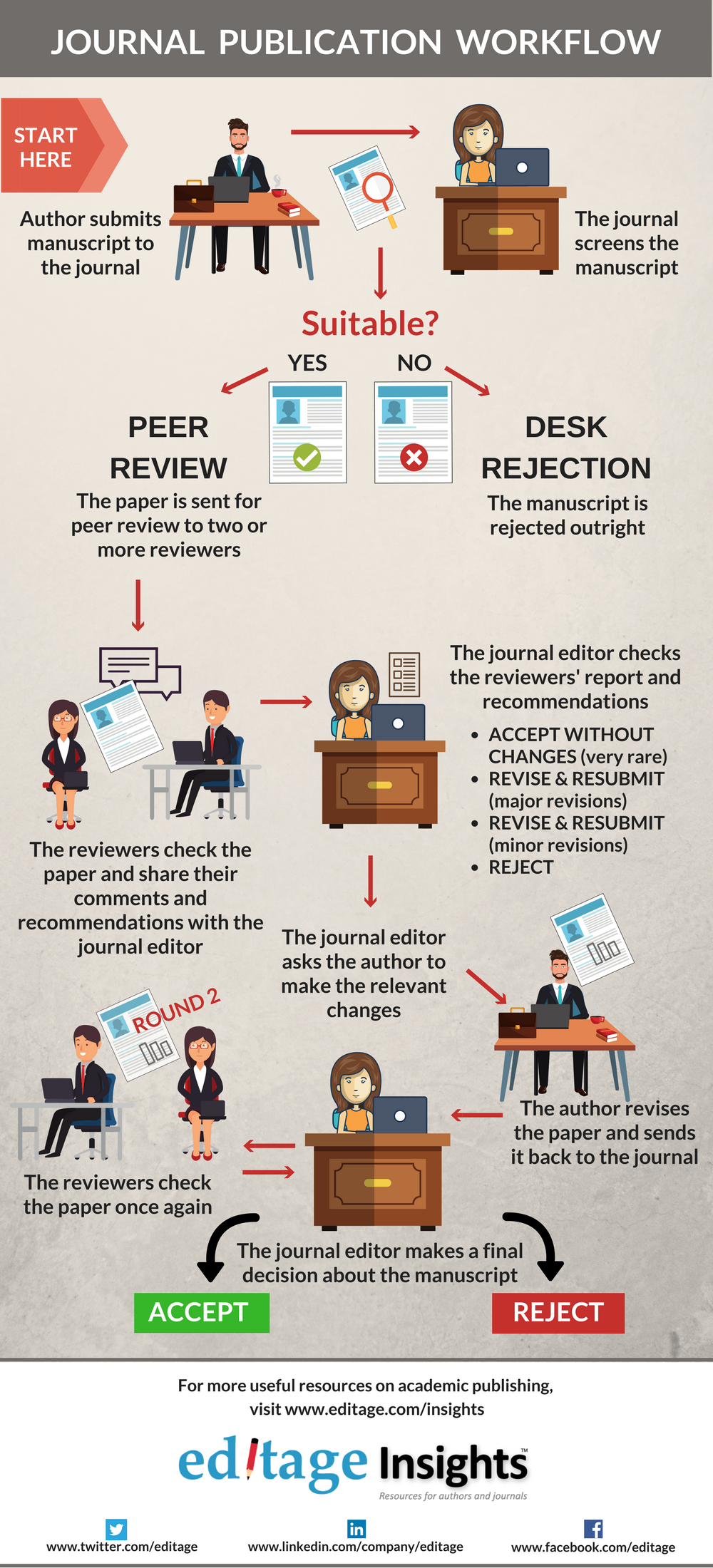
Peer review is a process that some scholarly journal publishers use to ensure the articles they publish represent the best scholarship currently available. Peer-reviewed journals are sometimes called "refereed" journals. When an article is submitted to a peer-reviewed/refereed journal, the editors send it out to other scholars in the same field to get their opinion on the quality of the scholarship and its relevance and importance to the field. This means that when an article is finally published in a peer-reviewed publication, there is a consensus among experts that the information communicated in that article is of the highest quality.
Not all scholarly publications are peer-reviewed, though it is very common for professors to request peer-reviewed articles to ensure you are exposed to the most credible information within your discipline.
*Adapted from Iris Carroll, Modesto Junior College, "Find Peer-Reviewed Articles for History" licensed under (CC BY-NC 4.0).
For an example of the peer-review process, check out the Journal of American History (March 1997) – it includes Referees' Reports for Joel Williamson's article, "Wounds Not Scars: Lynching, the National Conscience, and the American Historian."
Vol. 83, No. 4, Mar., 1997
Joel Williamson biography - A note that usually the author's identity is hidden from the referees. In this article, the author makes his identity clear by referring to himself frequently.
Term Historiography:
Rampolla Definition of Historiography: "historians frequently disagree about how to interpret the events they study. These differences in interpretation reflect the varying approaches that historians take to their subject. For example, individual historians might be interested primarily in social, cultural, political, economic, legal, or intellectual history. They might approach their work from a Marxist, Freudian, feminist, or postmodernist point of view. Such orientations and affiliations affect the ways in which historians explore and interpret the past; thus, historians interested in the same historical event might examine different sets of sources to answer the same question... A historiographic essay is one in which the writer, acting as a historian, studies the approaches to a topic that other historians have taken."
Mary Lynn Rampolla, A Pocket Guide to Writing in History, 10th ed. (Boston: Bedford/St. Martin's, Macmillan Learning, 2021), 3d-2.
"Historiography deals with the writing of history. In the broadest sense, it is the study of the history of history (as it is described by historians). Historiography has several facets, but for the purposes of a researcher trying to situate his work in the context of other historians' work on a particular topic, the most useful thing is the historiographic essay or review article that summarizes changing ideas about and approaches to the topic. A really good historiographic essay will also address why historians' ideas have changed."
- Steven Knowlton, Librarian for History and African American Studies, Princeton University Library.
